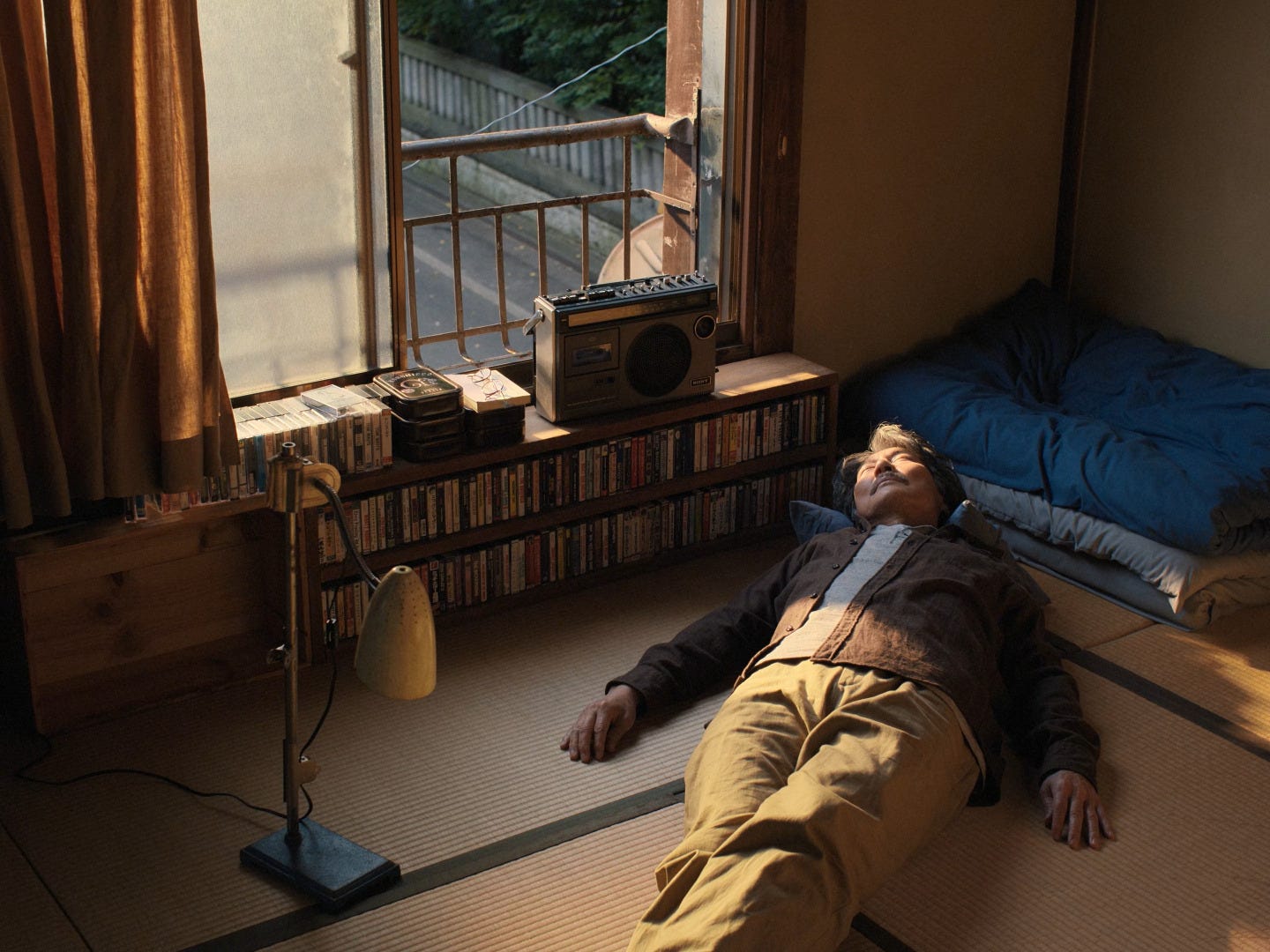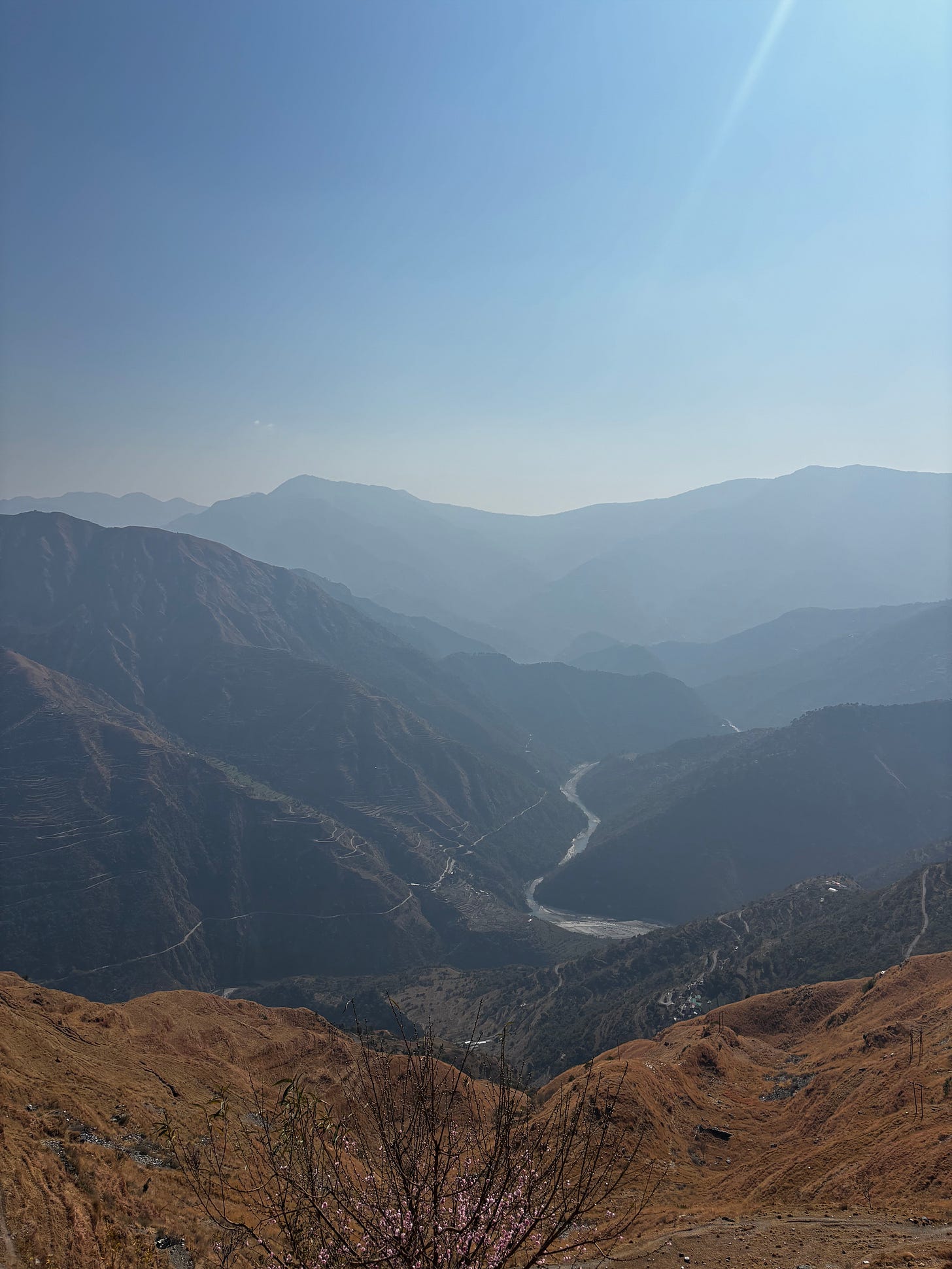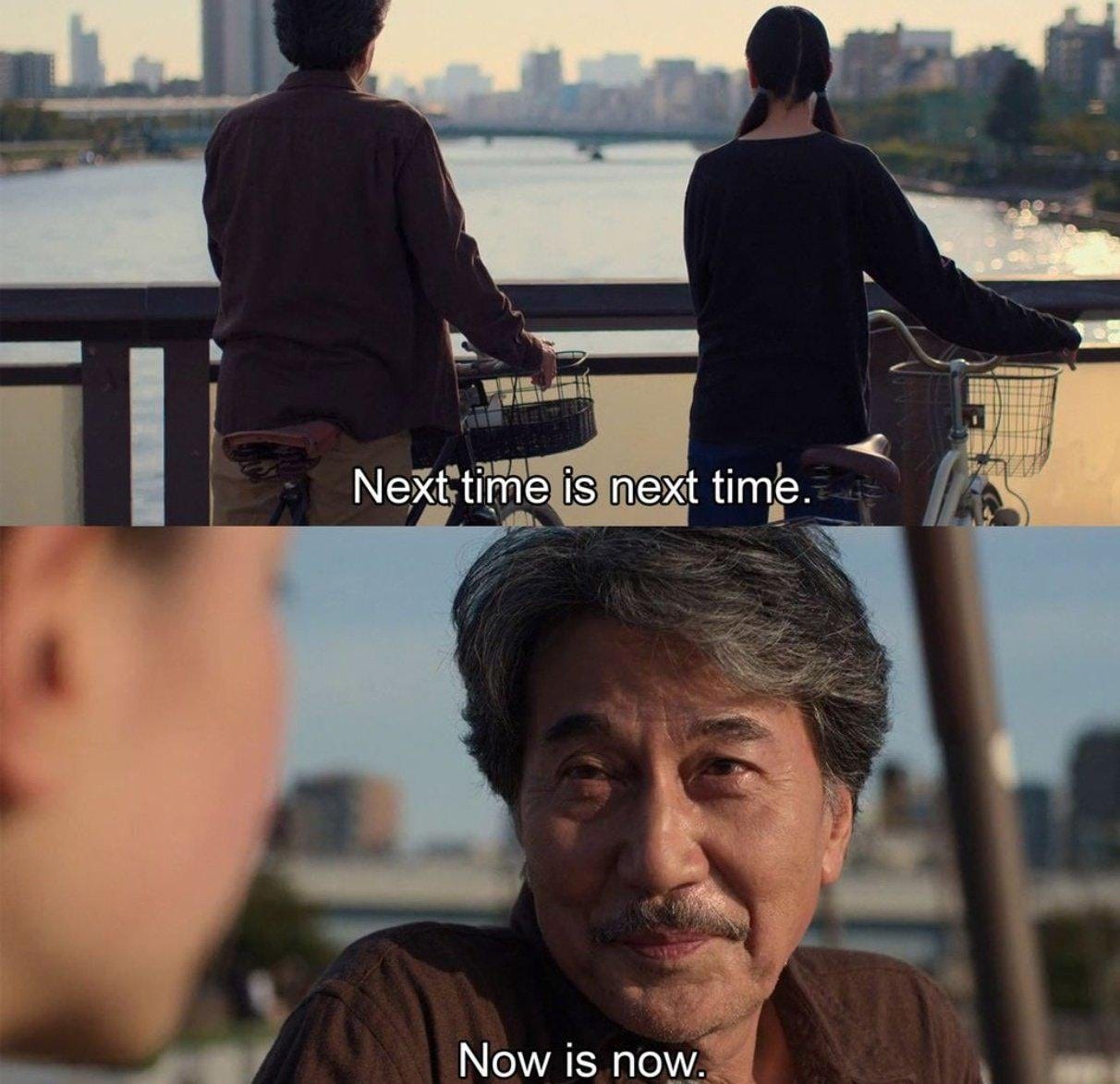How I'm learning to relax
or four months of (almost) perfect days.

Perfect days are hard to come by. I used to think if I didn’t have office work, the day could be perfect. I would laze around, and not worry about immediately responding to an email or getting on some routine work calls. I would not have so much on my mind and would finally be able to relax.
I was wrong.
In early 2024, I said yes to a project that would keep me busy through the end of the year. This was on top of the three tournaments I already had lined up. Why not? I have done this before (it was easy, work-wise), I will get to travel to a beautiful new country, and most importantly, it pays the bills. But the burnout had started creeping in. I had been working non-stop since 2019 — even through Covid — jumping from one project to the next. In August, I told my therapist that once the tournament wrapped up in November, I would take a proper break. At least three months.
I had made such promises before, to myself and to those around me, but I was determined this time.
There were good days, great days even. During these months, I reconnected with people in ways that would have been impossible with my usual schedule. Friends who are now scattered across the globe visited India for the holidays, we managed to spend a lot of quality time together. One of them stayed with us for two weeks! I was able to prioritise a trip to my husband’s ancestral village for a family function. We escaped Delhi intermittently for short trips. I spent two weeks in my hometown (I don’t remember the last time I spent more than a week at a stretch at my parents’ home since I graduated from college). All of this would simply not have been possible without this self-imposed break.

The anticipation before each of these joyful plans and trips with friends and family, and the satisfaction after, were clear. But after the first couple of months on this break, I started feeling antsy. I wanted to relax, but I wasn’t able to. I don’t know if it was the work I was missing, the uncertainty of what was coming next, or still having so much constantly on my mind that was making me uneasy.
A few months ago, I read Albert Camus’ The Stranger. The book stayed with me longer than most recently have, and I’ve found myself mentally returning to it again and again. Apart from making me think about life’s absurdity, and sending me down the philosophy and existentialism rabbit hole, it gave me a different perspective.
The protagonist Meursault worried only about what was happening to him in the moment. Yes, he came across to everyone around him as almost…sinister, that something was fundamentally wrong in him that he remained unfazed by everything, even his mother’s death. But I saw a character who was unburdened by the social expectations of how he should feel or act. He lived entirely in the present. While Meursault's disconnect from others is troubling, his ability to exist purely in the present moment made me notice this quality in others, though manifested in healthier ways.
In Perfect Days, Wim Wenders shows us Hirayama finding meditative joy in his routine life. Watching him methodically clean a public restroom with the same care someone else might apply to creating a painting was beautiful. The film doesn’t suggest that there are only perfect days or tries to romanticise his work. What it does show is the grounding power in being fully present in whatever you’re doing. That’s when you’re “in the zone,” as athletes describe it, completely absorbed in the moment. Hirayama approaches everything with this quality of attention: whether photographing the patterns of light through trees or reading a book or tending to his plants. Presence is a skill, a gift, and it can be applied to anything.

There are such people amidst us too. Jo and I have been together for over nine years now, and I have almost never seen him worry about something out of his control, for something in the future, or be overly stuck in the past. It is annoying. If I tell him about plans for Friday, he’ll say, “Don’t bother…I haven’t even thought about tonight.” I hate it. But I’m also in awe of how present he is in whatever he’s doing.
After some weeks of internal mayhem—days filled with nothing interesting that I tried to populate with social plans that sometimes felt vapid—I think I’ve finally found my answer: Just. Be. Present. Do whatever you're doing. Be fully there.1
It doesn’t have to be writing, or painting. It really can be cleaning toilets as Hirayama does. It can be making coffee, a conversation with a friend, or doing lat pulldowns in the gym, or running, or changing the bedsheet—whatever. Just be fully present in what you’re doing. Maybe that’s how we begin to relax.2
Of course, I'm aware that this kind of presence is harder for women who bear the mental load. I wonder if there’s a reason why Perfect Days is about a man, as societal pressures and the mental load women carry, may make the type of self-exile Hirayama undertakes nearly impossible.
Even with immense privilege—of having domestic workers, apps that take care of any instant grocery requirements—women are still thrust into the position of household managers. The mental load isn’t about the chores. My relationship with my husband is fair when it comes to visible tasks: cleaning our cat’s litterbox, cooking dinners, driving etc. But there is a hidden load, the invisible emotional and mental labour. It’s the load of thinking, planning, adjusting, remembering, anticipating. It very often pulls me away from the present.
But now that I recognise the value of presence more, I consciously pull myself back to this moment.
Looking back at the specific times during my break that truly felt fulfilling—the time with my friends, visiting our extended family, the winter holidays with my parents and sister—I realise now why they stood out. In those moments, I was fully there. The anticipation had ended, and I was fully present, free from planning and distractions.
Just a couple of weeks ago, I started a journal entry saying ‘why is it so hard to relax’. I was approaching it like a target, another goal.
I’m beginning to realise that I was trying to achieve relaxation, but it’s not a destination, it is a practice. We cannot escape the demands of life or the mental load that realistically comes even on a “free” day or weekend. It isn’t about escaping responsibilities, but prioritising the present moment. Read if you're reading. Cook if you're cooking. Watch a movie when you’re watching it. Give attention to the small things. And perhaps that's what makes a day perfect after all—our attention to each moment as it unfolds.
Thank you for reading! Being on a website alone was feeling a bit quiet, so I’ve started sharing my writing on Substack too. This is where I read many of the personal essays I enjoy reading. It makes sense to be on a platform where someone new can come across my writing, just as easily as I come across theirs.
I’ll still post some of my essays here, but if you’d like to follow along (and support my writing), I’d be really happy if you subscribed on Substack. It helps more than you think. And if this piece made you pause, reflect, or nod in agreement, maybe share it with a friend too?